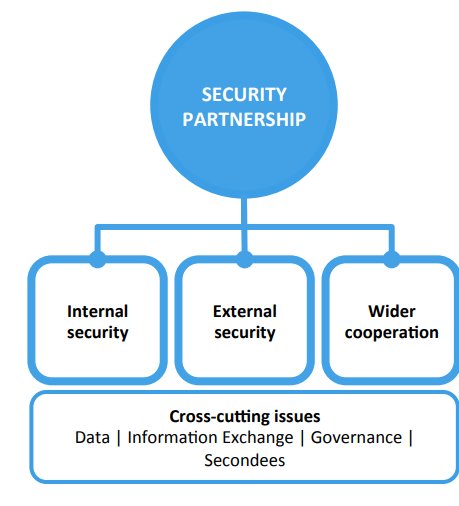For the record, on 'Does #PESCO equal an EU army?':
PESCO is about increasing interoperability and industrial competitiveness in Europe, and decreasing the number of different weapon systems (through financial incentives for PESCO members to jointly develop capabilities). 1/x
PESCO is about increasing interoperability and industrial competitiveness in Europe, and decreasing the number of different weapon systems (through financial incentives for PESCO members to jointly develop capabilities). 1/x
External Tweet loading...
If nothing shows, it may have been deleted
by @geareddev view original on Twitter
Military capacities developed within PESCO remain in the hands of member-states that can also make them available in other contexts such as through NATO or the UN. 2/x
• • •
Missing some Tweet in this thread? You can try to
force a refresh





